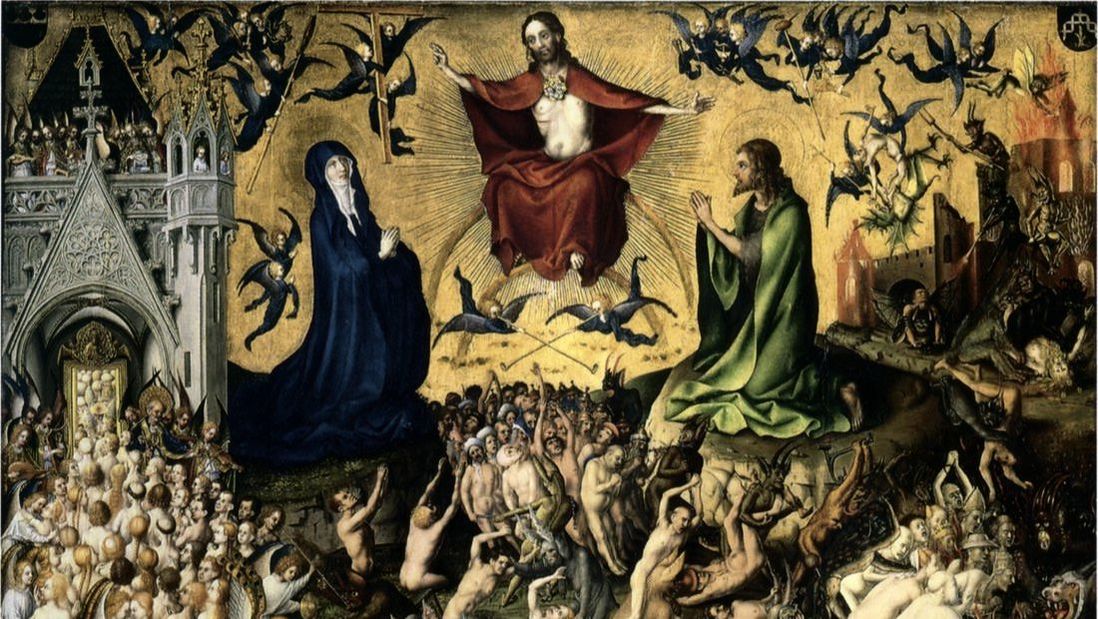Monday, First Week of Lent
He could hardly remember the woman, and yet she showed him pictures of her two-year old grandson named Timothy Michael: the woman’s daughter had named her son after the cardinal because “she remembered him so gratefully from a very difficult time when she was in the seventh grade.” Although he probably didn’t tell the grandmother this, in recounting the story the cardinal remarks: “I can’t even remember who she was! I never even knew I had done anything!”[1]
The deed, no matter how small it was, obviously had huge effects. If a child is named after someone else because of some insignificant deed, then imagine how God, who is far more generous than men and whose knowledge penetrates deep into the soul, views even the smallest deeds done out of love for Him. As religious, we’re called to be spiritual mothers and fathers, and, just as a lot of what biological mothers and fathers do goes unnoticed or seems insignificant, the same could be said of our efforts, and perhaps with even greater reason, because most of our works are spiritual.
As Jesus told Saint Josefa Menendez: “One faithful soul can repair and obtain mercy for many ungrateful ones. . . . Every soul can be instrumental in this sublime work [of saving souls]. . . . Nothing great is required, the smallest acts suffice: a step taken, a straw picked up, a glance restrained, a service rendered, a cordial smile . . . all these offered to Love are in reality of great profit to souls and draw down floods of grace on them.”[2]
Let us ask, through the intercession of Mary, Mother of All Religious and Our Lady of Sorrows, for the grace to embrace our vocations as spiritual mothers and fathers, and thus do even the smallest and most insignificant deeds with great love.
[2] Ann Ball, Modern Saints Vol. 2 (Charlotte NC: TAN, 2010), 348.






